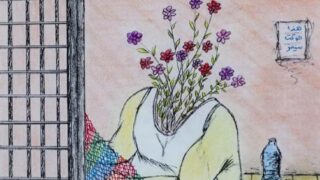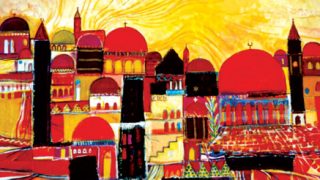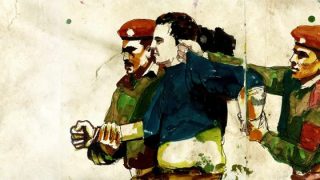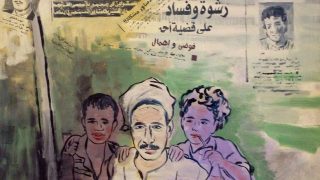On 14 August, 2013, the Sadat metro station that leads to Tahrir Square was indefinitely closed following the dispersal of the protests in Raba’a and Nahda Squares. The Sadat metro station was significant because it was one of only two stations that connected line two to line one on the Cairo metro network. The closure of the Sadat station has created huge traffic in al-Shohada station (known before 2011 as Mubarak station) since it is the only other station that connects the two lines. This traffic manifests itself in terrible over-crowdedness, sweat, foul smells and daily harassment.
English
Cairo: The closed Sadat Railway Station
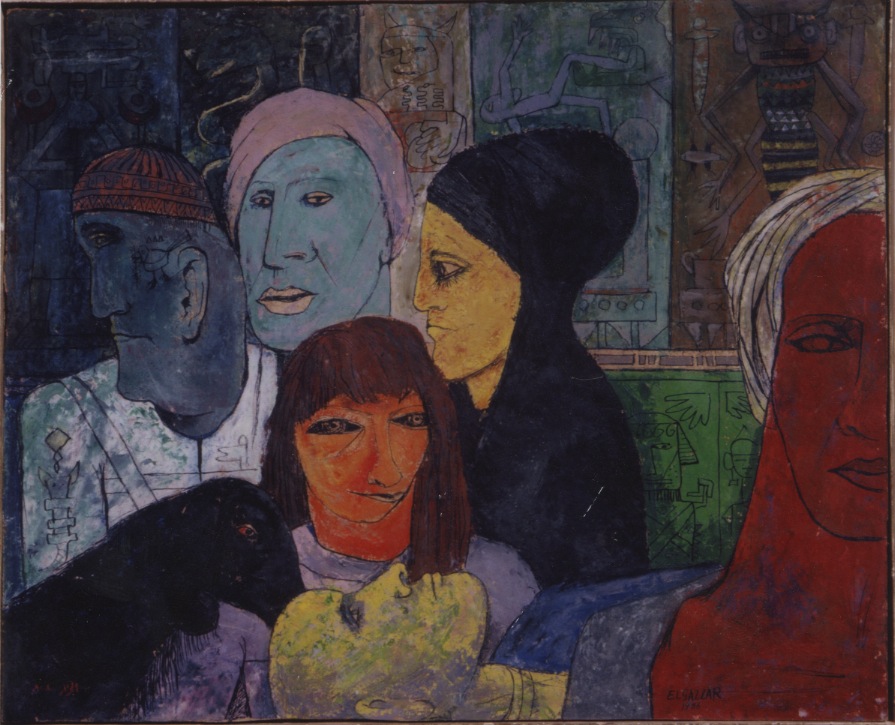
Articles from Egypt
Repression and Expression: Creativity under the Egyptian Regime
“Smuggling drugs is easier than smuggling a poem or article out of prison.”
Old Habits Die Hard: Egyptian Police and the Enduring Legacy of Extrajudicial Execution
In a fateful moment overseen by family elders and tribal sheikhs, two young men (17 and 18 years old) decided to surrender themselves to Egyptian authorities in a bid to...
Ras El-Hekma: Has Egypt Sold its Land to the UAE?
In 2024, unidentified leaks brought to light Egypt's transaction involving the sale of Ras El-Hekma City to Emirati investors for $22 billion. This development occurred concurrently with the presence of...
From the same author
The Policies of Control in Israel
In 1910, Degania Aleph was founded on the Sea of Galilee. The first Jewish socialist kibbutz and cooperative inside Palestine, Degania was succeeded by tens of agricultural and industrial kibbutzim....
Between Whispers and Artillery
Few years before the revolution, free verse poetry was perceived in Egypt as a sign of change in the poetic atmosphere. I once heard the late Egyptian poet Hilmy...
Egypt’s three peoples
At the very beginning, prior to the revolution and the internet, Hosni Mubarak was sitting on the throne of political power and Islamists held onto social power; and while the...

